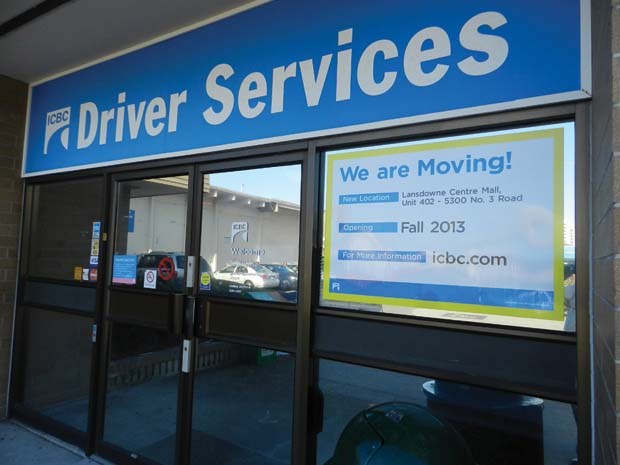Dear Editor,
Re: “Quebec insurance less, at what cost?” Letters, Sept. 29
I read the recent letters to the editor by Andrew Tablotney, Peter Lam and Rustom Dubash regarding the pros and cons of no-fault insurance for B.C.
As a recently retired ICBC injury adjuster, I saw first-hand how the injury tort system was being attacked financially by the increasing numbers of injury claims being presented and rapidly increasing court awards.
The problem claims are not, as Mr. Tablotney suggests, those of direly injured individuals with catastrophic injuries.
The recent Ernst & Young report on ICBC indicated that “minor claims have soared in cost by 365 per cent since 2000.”
These minor injury claims are not scientifically measurable and in many cases, payouts depend entirely upon the verbal evidence of the person seeking compensation.
ICBC has always had to pay out large settlements, or court judgments, for people with severe, life-changing injuries.
The number of these claims has not increased substantially over the years. Most of the money has always gone toward whiplash and court awards for soft tissue injuries that have skyrocketed in recent years.
The plaintiff’s bar in B.C. (the lawyers who sue ICBC) are well-organized and they use regular meetings and social media to share information and strategy on how to best maximize their client’s settlements and get courts to pay more.
Back in the early 2000s, a $30,000 or $40,000 award at trial for whiplash was a painful pill to swallow for ICBC.
Now it is common to see court awards in excess of $200,000 for whiplash.
In addition to pain and suffering compensation, B.C. courts routinely award tens of thousands of dollars, or even hundreds of thousands for alleged lost future capacity to work, lost capacity to do housekeeping and future medical expenses.
I agree with Tablotney that the Quebec system is the cheapest in Canada for a reason. It is not considered a good compensation system for those genuinely injured. A much better choice would be that of Saskatchewan’s optional no fault system.
As of March 2015, Deloitte LLP indicated that the average Saskatchewan resident paid auto insurance of $1,163 per vehicle per year as opposed to ICBC’s $1,717 at that time.
The public in Saskatchewan can choose no-fault insurance which pays no compensation for pain and suffering but provides a generous payment limit of up to $6,382,084 in medical and other benefits for severely injured persons.
Alternatively, Saskatchewan drivers can pay more to access the tort system and they have the right to sue for compensation.
No-fault policies in Saskatchewan still allow a no-fault claimant to sue if their damages are in excess of the $6,382,084. If people want the cheaper no-fault version, then it is available. If a person wants the tort system, then the coverage is available at a premium.
It is my opinion that B.C. urgently needs no-fault auto insurance. It is unfair to have the public held hostage to a whiplash lottery that makes a few hundred lawyers rich, but drains the wallets of everyone in B.C. who insures a vehicle.
Lionel Such
Richmond



